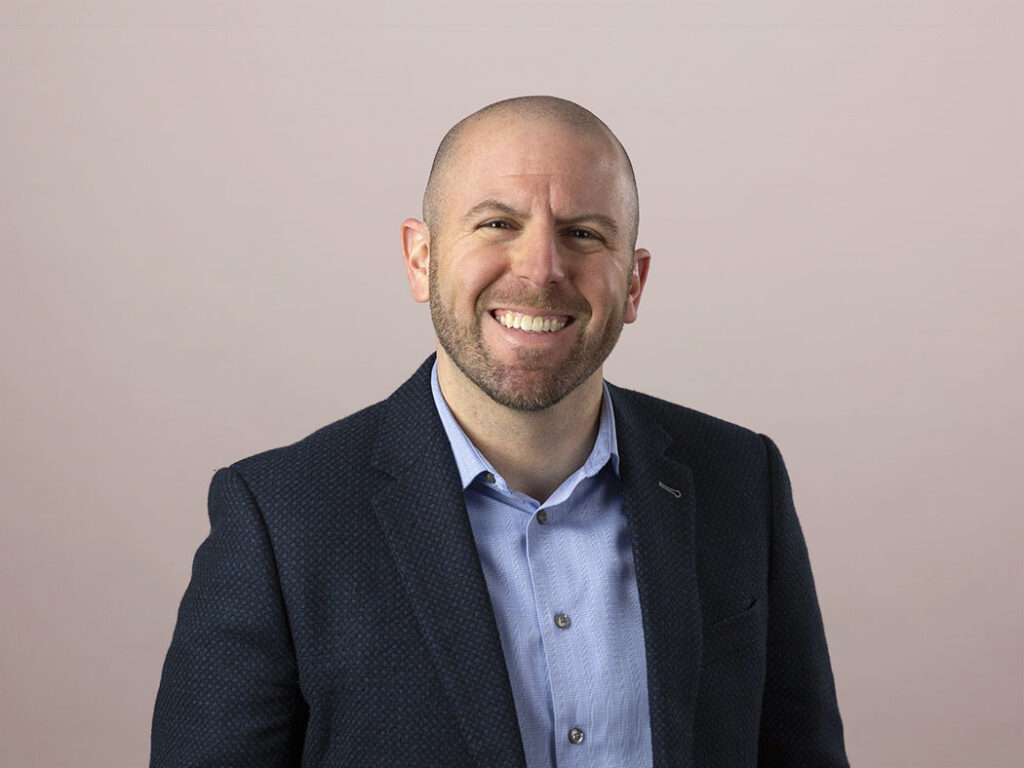Four Questions You Should Ask in Customer Interviews, But Probably Don’t
There are many techniques for understanding buyers, customers and users, though interviewing is one of the best in terms of the value received for the effort. Whether you’re trying to create personas, uncover needs not being met for existing customers or identify aspects of a product that current users feel could be improved, interviews can be a valuable source of insight.

I talk with many product managers and marketers who are experienced at interviewing, but they often fail to take full advantage of the format. Maybe they’ve lost their edge after doing so many interviews over the years, or maybe they never realized how to get the most out of interviews in the first place. I’ve always tried to ask certain key questions during interviews, some of which even some experienced interviewers have never thought of asking.
Whether you’re new to buyer/customer/user interviews or you’ve done more than you care to count, here are four questions that can improve the insight value of an interview:
What else have you done to try to solve this?
Interviewees often describe a challenge or opportunity they are trying to deal with. You need to get a thorough understanding of its details, as well as the steps they’ve already taken to try to address it. Have they tried a competitor’s product? Searched online for a solution? Tried to rig up something themselves? This will help you understand direct and indirect competitors and substitute products. Knowing what interviewees like and dislike about other solutions can identify capabilities to add to your roadmap and inform competitive positioning. It’s also useful to know if the interviewees haven’t tried to find a solution. In this case, ask why. Was it because the problem wasn’t severe enough, they didn’t think a solution existed, or they didn’t have the time or resources? The answer will reveal the context behind the problem.
What is the severity, frequency and impact of this problem?
Many needs and wants are expressed during interviews. Your job is to identify the important ones. One way to do this is by finding out the severity of the issue, its frequency and its impact on the individual or business. You’ll hear plenty of complaints and frustrations, but if they relate to issues that aren’t severe, happen infrequently and have a small impact on that person or the organization, then the issue should likely take a backseat to those of a higher severity, frequency and impact. To be fair, this is a multi-factor question, so I don’t recommend using my exact phrasing. However, make sure you understand the answer, even if you have to ask it in pieces over the course of an interview. The answers should give you a sense of the value of addressing the problem or request.
Can you show me?
There’s no substitute for developing rapport, reading body language and facial expressions. However, phone-based interviews are still worthwhile and often easier to arrange logistically (and with limited budget). In both situations, when someone is describing an issue, ask if they can show you vs. tell you. In person, this might mean opening up your (or a competitor’s) application, pulling material out of desk drawers and spreading them out on the desk, or walking to the part of the building where something specific happens (I’ve seen all of these happen in interviews I’ve conducted). You’re there in person, so you might as well take advantage of the setting! However, interviewees can also show you over the phone by sending a picture or video, sharing their screen, or directing you to an online location where you can recreate their virtual footsteps. It may not always be possible to “see” what they’re talking about virtually, but if you plan ahead (e.g. by setting up a screen-sharing application), you may be able to, and it never hurts to ask.
Is there anyone else I should talk to?
In B2B buying processes, a purchase decision process rarely involves only one person who is also the only user. It’s important to understand the different people involved in the buying process and the various perspectives of different users. Near the end of the interview, thank the person for his or her time and participation, and ask if they’ll refer or introduce you to a colleague. Imagine you’re developing a product aimed at lawyers. If you were interviewing a lawyer who mentioned specifics tasks she hands off to a paralegal, ask for an introduction to the paralegal. Consider interviewing other lawyers at the same firm who may have different perspectives on the same needs. Don’t forget to look beyond that one law firm. Lately, I’ve heard clients say, “We’re good at talking to our existing customers, but we’re not as good at talking with people who are using the competitor’s products, or not using anyone’s products.” Your lawyer customer likely has friends from law school or former colleagues who are lawyers at other firms, so reach outside your network of existing customers, and get “warm” introductions, which can make lining up additional interviews that much easier.
Do you have any other “must ask” interview questions? Post a comment and let us know.
